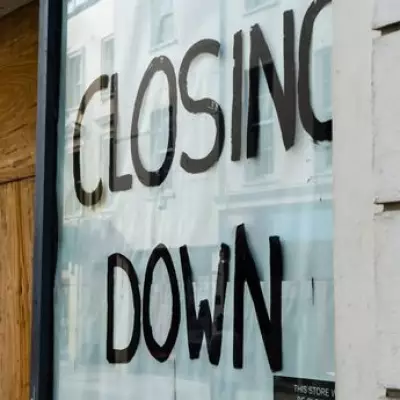
In a landmark ruling that could reshape Britain's post-pandemic workplace landscape, a tax office worker has been ordered to repay thousands after refusing to return to the office when Covid restrictions ended.
The employment tribunal heard that the HMRC employee, based in Manchester, continued working from home despite being instructed to resume office duties as the nation emerged from lockdown. The case represents one of the first major legal tests of flexible working arrangements following the seismic shift in work patterns caused by the pandemic.
The Clash Over Workplace Flexibility
According to tribunal documents, the worker claimed ongoing health anxieties and childcare responsibilities justified their continued remote work. However, HMRC maintained that the employee's role required physical presence and collaboration that couldn't be effectively maintained from home.
The tribunal ultimately sided with the tax authority, ruling that the employee had been fairly dismissed and ordering repayment of significant sums. The judgment emphasised that while flexible working requests should be properly considered, employers retain the right to determine operational requirements.
Wider Implications for UK Businesses
This case arrives as countless British businesses grapple with establishing permanent hybrid working policies. Legal experts suggest the ruling could empower other employers facing similar disputes about post-pandemic work arrangements.
"This judgment sends a clear message that the blanket 'work from home' era is over," commented employment law specialist Sarah Jenkins. "While flexibility remains important, employers can require staff to return if there's genuine business need."
Key Takeaways from the Ruling
- Employers can mandate office return when lockdown restrictions end
- Individual circumstances must be considered but aren't decisive
- Business operational needs can override employee preferences
- The ruling may influence thousands of similar cases nationwide
The decision comes amid ongoing tension between employees who've embraced remote work and employers seeking to reinstate traditional workplace structures. As Britain moves further from the pandemic, this case likely represents just the beginning of legal battles over the future of work.






